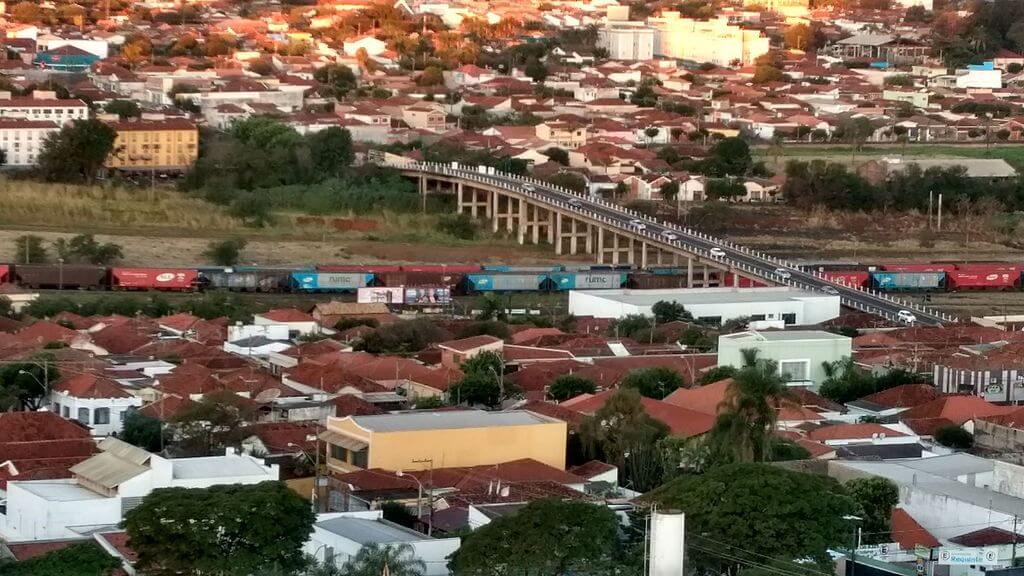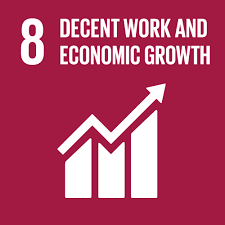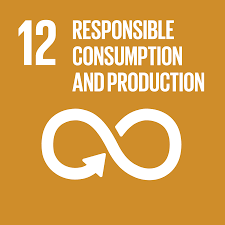The action and its aims
The City of Araraquara strives to address urgent challenges, uplift vulnerable communities, and create a more resilient and equitable society. To accomplish this, the following four modules have been set up:
- Guaranteeing the Human Right to Food: this first module prioritized enhancing food availability for low-income families. It encompasses initiatives such as the “Citizen Card,” the “Incentive Program for Social Inclusion,” and “Sons of the Sun.” These programmes combine income transfer strategies with family support and vocational courses geared toward providing employment and income. Additionally, it includes programmes such as the Food Bank, Solidarity Bakery, Popular Restaurants, Soy Milk, Milk Distribution, and Basic Food Basket Distribution.
- Family Agriculture and Agroecology: In this second module, the projects support individuals and communities growing their own food and encompass Family Agriculture Food Acquisition, Farmers’ Fairs, Mechanized Agriculture, Community Urban Gardens, and the Organic Compost Project.
- Creative and Solidarity Economy: the third module centres around the Coopera Programme. This initiative aims to provide opportunities for work and establish cooperatives that could generate income. The aim is to include many of the excluded and economically fragile members of the community.
- Solidarity Network: the fourth module provides a multisectoral approach, seeking collaborative partnerships for food collection campaigns which were particularly crucial during the pandemic.
Through the ‘Plan Araraquara Without Hunger’ and other initiatives including students, the elderly and prisoners, the City aims to reduce hunger, and improve food waste management and the health and wellbeing of the citizens.
When it was introduced
This project was set up during the COVID-19 pandemic, in 2020.
Why it was needed
In Araraquara, Brazil, over 2000 families have no income, and a further 2,137 families are dealing with severely limited income. This adds up to a total of over 4,000 families facing conditions of extreme poverty. Among these families, 95% are reported to be grappling with extreme food insecurity.
Who initiated it, who is involved
The plan was initiated by the City of Araraquara. The Food Security Council, comprising experts from various sectors including government officials and civil society members, has played a pivotal role in the process.
A task force was established with active engagement from civil society, leveraging the expertise of local universities that offer professional courses and culinary workshops. The Araraquara Food Security Council monitor and report on the performance of all the initiatives.Students enrolled in nutrition courses conduct cooking workshops for recipients of social programmes across different districts in the municipality. This not only provides the students with practical experience in their profession but also connects them with real-life challenges of social vulnerabilities.
Impacts to date
Approximately 189,000 kilograms of food waste has been collected, with an additional 330,000 kilograms obtained through food donations from the Solidarity Network. Additionally, non-perishable food and locally sourced horticultural products were acquired helping provide 39,000 food baskets and 21,600 green baskets. Moreover, 783 individuals and 450 cooperatives were involved in the initiative. Moreover, a circular organic composting system has been implemented.
A widespread campaign promoting the Solidarity Network, garnered participation from businesses, class associations, educational institutions, and individuals who made substantial donations
The plan incorporates eco-friendly gardens, offering incentives for reduced household water usage, aimed at promoting the cultivation of nutritious crops within urban areas. All initiatives adhere to municipal regulations and are allocated dedicated budgetary resources, ensuring the ongoing implementation of these measures. Civil society actively engages in the programmes through contributions like food donations, and collaborations with universities playing a key role in initiatives focused on food education.
To enhance the programmes, monthly monitoring takes place.


